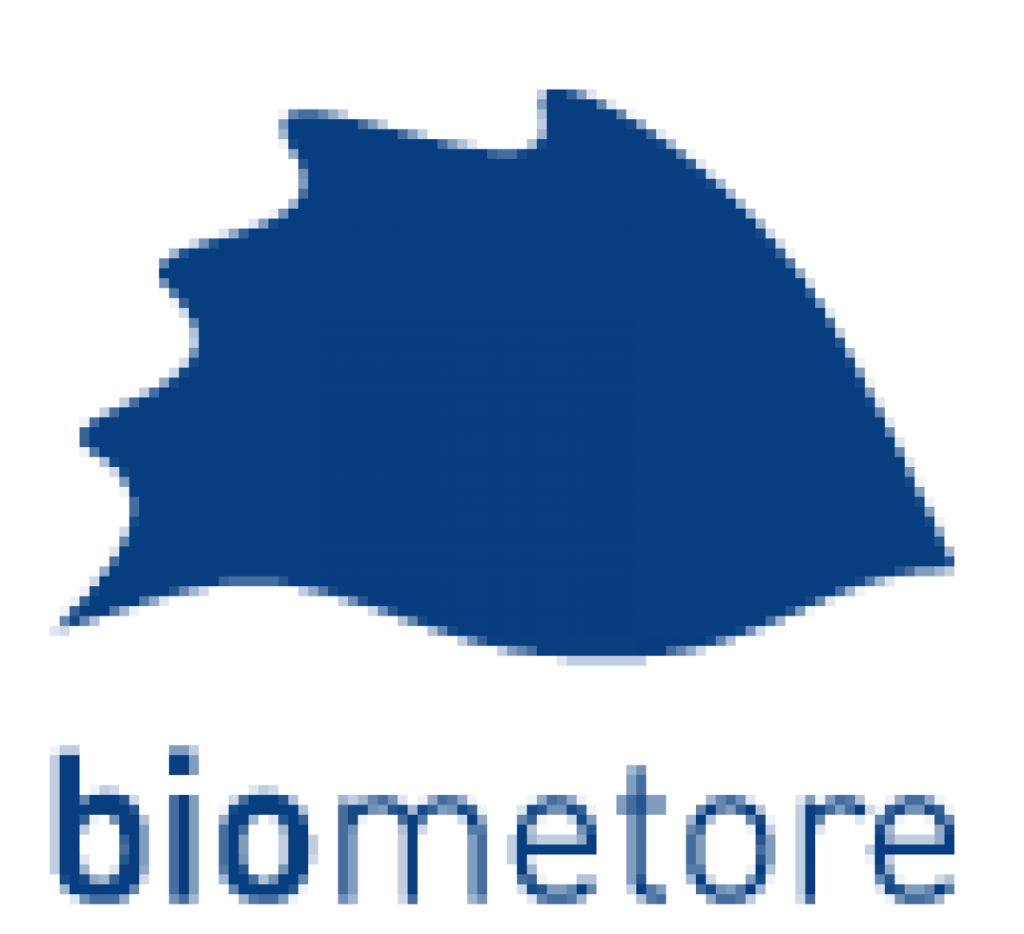Aquatic ecosystems face constant pressure from multiple anthropogenic drivers, such as emerging contaminants (e.g. pesticides, pharmaceuticals, PFAS), which have become a hot topic for international policies. These pollutants deserve our attention due to their persistence in the environment coupled with the risks they pose to non-target species, compromising the structure and functioning of aquatic ecosystems. Considering that conventional wastewater treatment plants are not efficient in the removal of those compounds, it became urgent to study and implement new, effective, economically viable, and environmentally friendly solutions. So, NATUREBIOPROMO’s great novelty is 1) the implementation of optimized Nature-Based Solutions (NBS) (e.g., CWs, artificial floating islands (AFis), microalgae ponds) in practical environmental conditions, at an intercontinental scale, to promote a higher efficiency in the removal of pollutants and nutrients. This aligns with: the EU proposal for the Directive concerning urban wastewater treatment, the Sustainable Development Goal (SDG) 6, the EU Water Framework Directive 2000/60/EC, and also with international ones: the South African National Water Act, and the Brazilian policies
(CONAMA 430/2011, CONSEMA 355/2017 and CONSEMA 129/2006) for water management. Also, this project will focus on 2) the interaction between the NBS’s primary function of sewage treatment and the biodiversity they can support. This will contribute to biodiversity enrichment and conservation by promoting biodiversity-orientated management of specific NBS in line with the EU’ s Green Deal and the commitment to the EU Biodiversity Strategy for 2030, as well as the objectives of SDG 15. Additionally, NATUREBIOPROMO will 3) highlight the ecological and economic importance of valorization of wetland biomass as a source of bio-energy (biogas) and 4) reutilization of biomass (biochar production) in the enrichment and functionality of the own NBS, promoting the circular economy. Thus, NATUREBIOPROMO will have a high impact on 1) biodiversity conservation and ecosystem services promotion; 2) wastewater management and significant reduction of pollutant loads into the aquatic systems; 3) implementation of low-cost solutions; 4) production of clean energy – a climate and economic asset; and 5) promotion of environmental sustainability and human well-being, through climate mitigation, better water quality of aquatic systems, direct economic benefits in many sectors, such as landscape integration, recreational areas, and resources recovery. The partnership between European (PT, FR, CZ, IT) and nonEuropean partners (RSA & BR), translated in successful previous collaborations (e.g. IDOUM, SLURP, NEWater) and complementary expertise (i.e. analytical, technological, ecological, genetics), associated with a collaborative approach between all the stakeholders, will allow the success of NATUREBIOPROMO and the production of high-quality outcomes.
